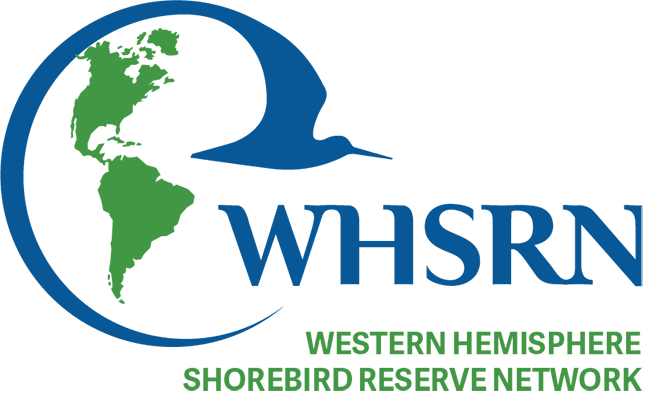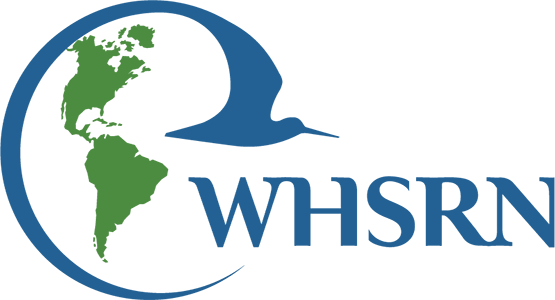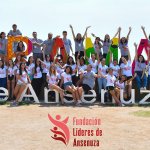The Coastal Solutions Fellows Program is an initiative that builds and supports an international and multidisciplinary community where fellows and partners design and implement collaborative solutions to address real-world coastal challenges across the Pacific Americas Flyway.
The main goal of the Program is to conserve coastal habitats and shorebird populations by fostering collaborations among scientists, conservationists, planners, architects, and engineers; and building the knowledge, resources and skills of this group of professionals. The Program is managed by the Cornell Lab of Ornithology at Cornell University and supported by the David & Lucile Packard Foundation.
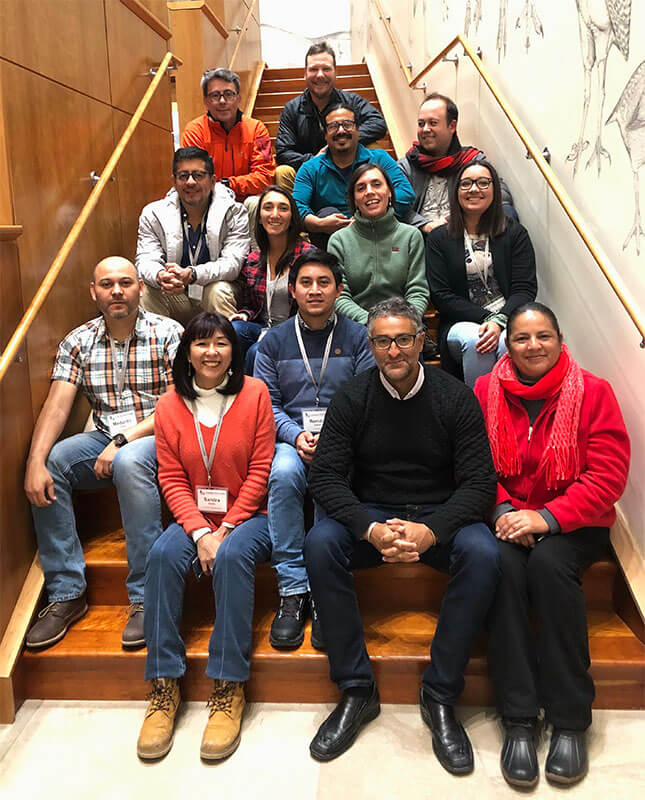
Fellows and mentors from Mexico, Guatemala and Chile with Diego Luna Quevedo. Photo: Osvel Hinojosa
For the second consecutive year, our Conservation Specialist, Diego Luna Quevedo, traveled to Ithaca, New York to deliver the “Good Governance for Coastal Solutions” training workshop. The workshop facilitated discussions about how good governance techniques can be applied to the conservation of coastal habitats and shorebird populations of the Pacific Flyway. Fellows had the opportunity to practice applying tools for the analysis, planning and management of governance to support the implementation of the Coastal Solutions program at their sites. The workshop took place during the first 2020 Fellowship Program retreat, held at the Cornell Laboratory of Ornithology. It was attended by program teams, mentors, fellows, and experts from various disciplines.
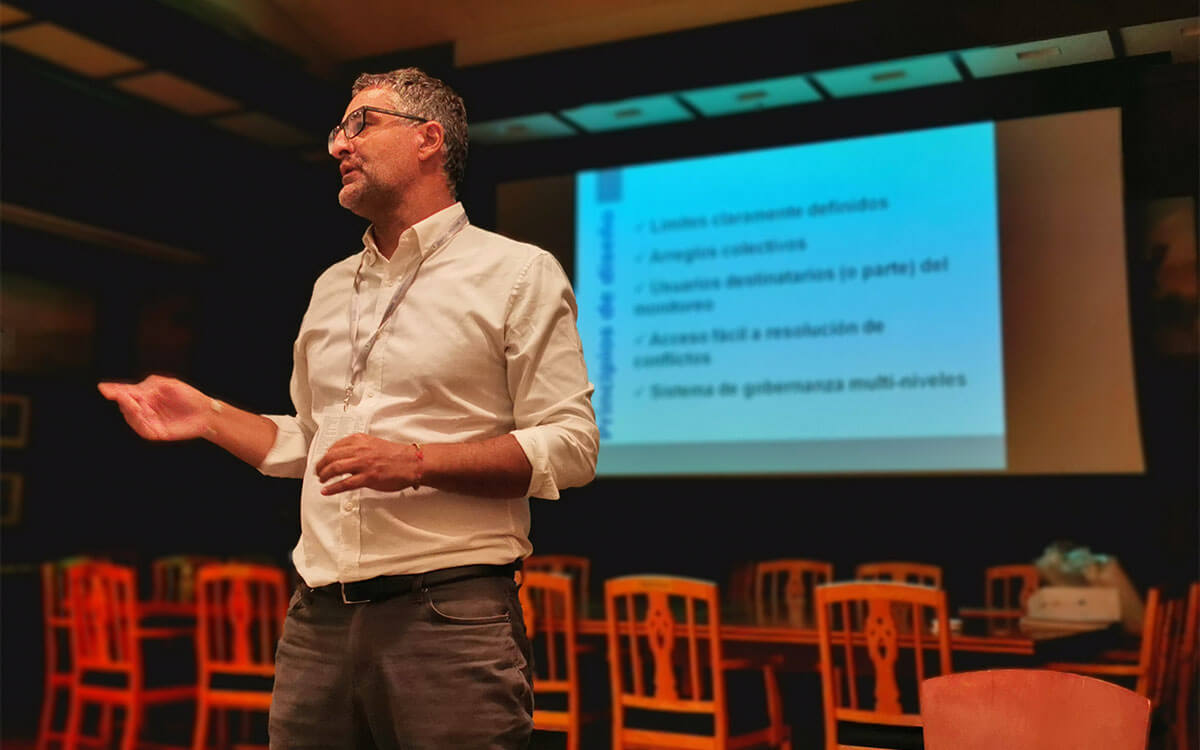
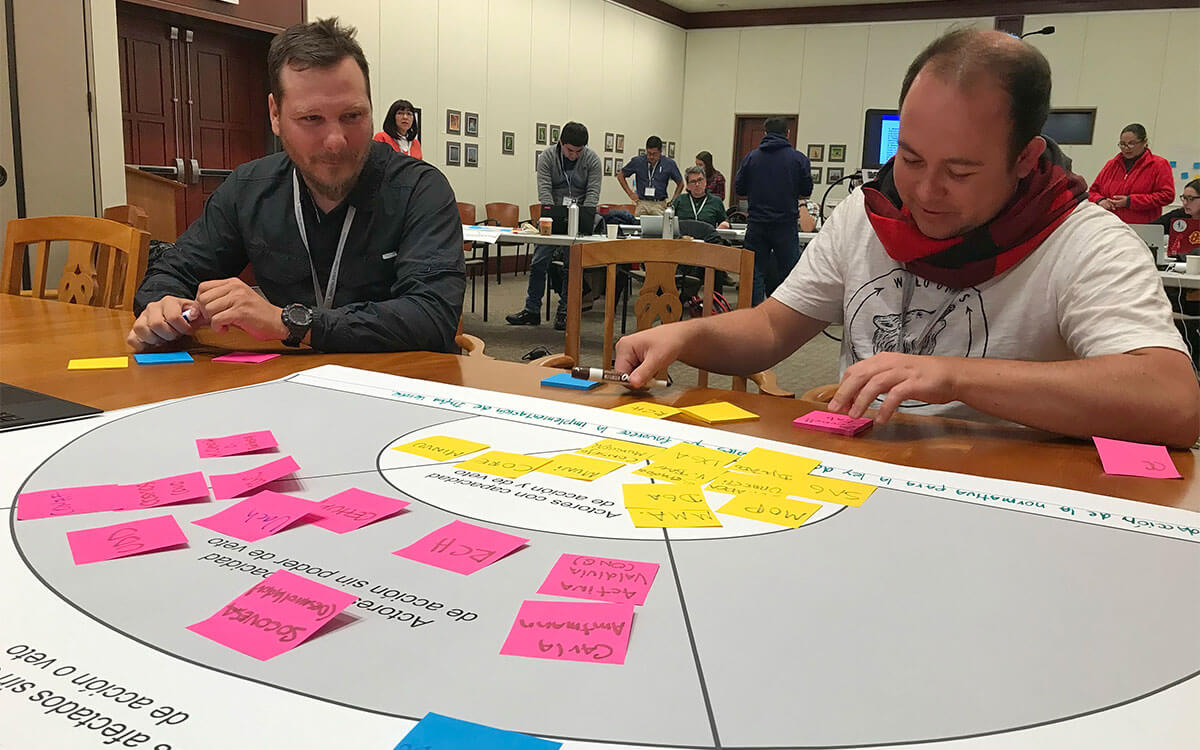
Left: Diego Luna facilitates discussions and provides guidance on socio-environmental conflicts. Photo: Laura Flores. Right: Huizache-Caimanero, México team project mapping a critical decision. Photo: Osvel Hinojosa.
Viviana Ruíz Gutiérrez, Associate Director of the Coastal Solutions Program and Ecologist for the Conservation Science Program of the Cornell Ornithology Laboratory, said that “the solutions proposed by the Program demand decisions and agreements. It is exactly there that this training in good governance allows fellows and mentors to strengthen their capacities for better actions and coordination when it comes to implementing.”
Three out of the six projects selected in Mexico, Guatemala and Chile are implemented at WHSRN sites. These are the Fellows of the program’s 2020 class and their initiatives:
Laura Ibarra, Architect (Mexico)
Project: Master Plan for the Prevention and Mitigation of Impacts on Shorebirds
Site: Complejo Lagunar Ojo de Liebre (Ojo de Liebre Wetland Complex), Guerrero Negro, Baja California Peninsula (WHSRN site)
Manuela Erazo, Social Anthropologist (Chile)
Project: Participatory Landscape Planning for the Protection of Shorebirds
Site: Tubul-Raqui Wetland, Biobío Region
Varinia Sagastume, Biologist (Guatemala)
Project: Strategies for the Conservation of Shorebirds Using Best Management Practices of Salt and Shrimp Farms of the Guatemalan Pacific Coast
Site: Sipacate, Guatemala
Medardo Cruz, Biologist (Mexico)
Project: Development and Implementation of a Plan to Restore Water Flows to Favor Shorebird Habitat
Site: Playa Ceuta (Ceuta Bay), Sinaloa (WHSRN site)
Román Canul, Architect (Mexico)
Project: Hydrogeomorphological Management Plan for the Huizache – Caimanero Lagoon System
Site: Sistema Lagunar Huizache-Caimanero (Huizache-Caimanero Lagoon System), Rosario, Sinaloa (WHSRN site)
Flavio Sciaraffia, Architect (Chile)
Project: Valdivia Wetland City: Landscape Planning Framework for the Management of the Urban Watershed and its Wetlands
Site: Wetlands of Valdivia, Ríos Region
~ ~ ~
Like last year, as a result of the workshop, the fellows together with their mentors build change theory, perform stakeholder analysis, simulate critical decisions and develop a governance action plan, which serves as a roadmap for the negotiations and necessary coordinations to implement their projects.
Cover Photo: The workshop was comprised of presentations, debates, and dynamic, collaborative discussions. Photo: Amaranta Delgado.


